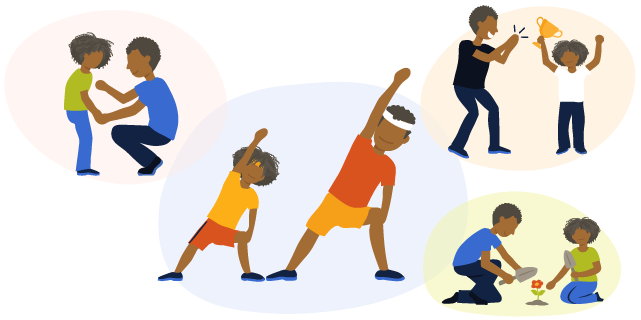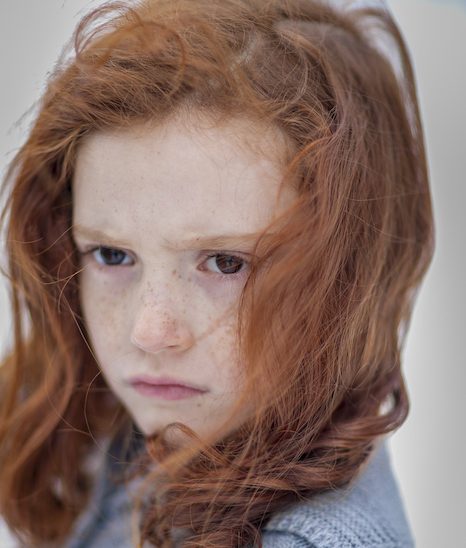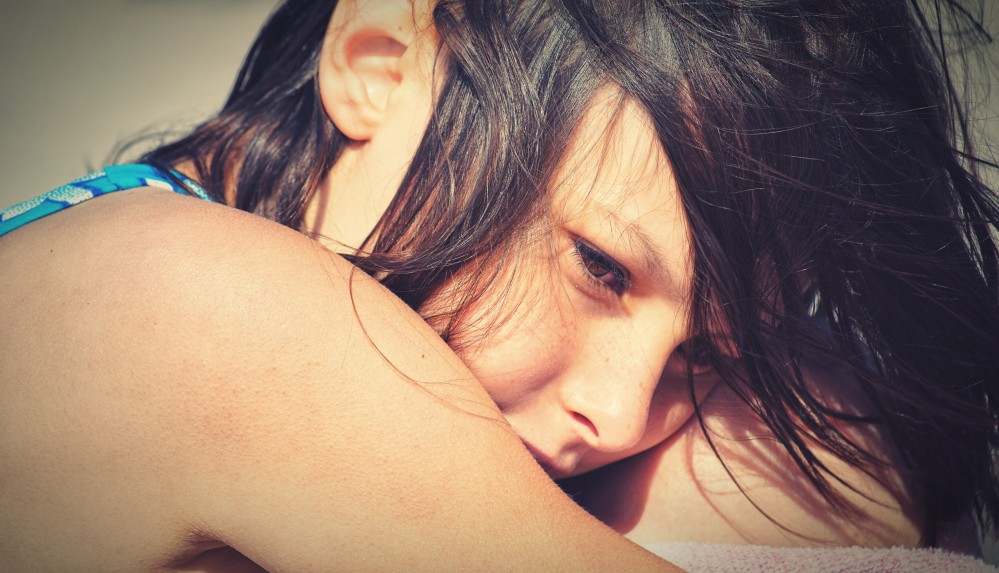Disruptive Mood Dysregulation Disorder: The Basics [downloadable]
 Disruptive mood dysregulation disorder (DMDD) is a condition in which children or adolescents experience ongoing irritability, anger, and frequent, intense temper outbursts. The symptoms of DMDD go beyond a “bad mood.” DMDD symptoms are severe. Youth who have DMDD experience significant problems at home, at school, and often with peers. Read more ›
Disruptive mood dysregulation disorder (DMDD) is a condition in which children or adolescents experience ongoing irritability, anger, and frequent, intense temper outbursts. The symptoms of DMDD go beyond a “bad mood.” DMDD symptoms are severe. Youth who have DMDD experience significant problems at home, at school, and often with peers. Read more ›


 Raising a child with ADHD isn’t like traditional childrearing. Normal rule-making and household routines can become almost impossible, depending on the type and severity of your child’s symptoms, so you’ll need to adopt different approaches.
Raising a child with ADHD isn’t like traditional childrearing. Normal rule-making and household routines can become almost impossible, depending on the type and severity of your child’s symptoms, so you’ll need to adopt different approaches.  The “usual” parenting strategies are often less effective for children with ADHD. In this video Erin Gonzales, PhD, a psychologist from the PEARL Clinic at Seattle Children’s Hospital, discusses common challenges and changes parents and caregivers can make to help a child with ADHD stay engaged and set them up for success.
The “usual” parenting strategies are often less effective for children with ADHD. In this video Erin Gonzales, PhD, a psychologist from the PEARL Clinic at Seattle Children’s Hospital, discusses common challenges and changes parents and caregivers can make to help a child with ADHD stay engaged and set them up for success.

 Emotional regulation is the ability to control our emotional state so that it matches the situation at-hand. It is not something we are born knowing how to do, but rather we learn over time. How can we teach our kids to respond to various situations appropriately, even if it means behaving on the outside differently than they are feeling on the inside?
Emotional regulation is the ability to control our emotional state so that it matches the situation at-hand. It is not something we are born knowing how to do, but rather we learn over time. How can we teach our kids to respond to various situations appropriately, even if it means behaving on the outside differently than they are feeling on the inside? 
 Emotional self-regulation refers to a person’s ability to manage their emotions and impulses. It is a skill that people learn and develop throughout childhood and adolescence and into adulthood, and it is an important part of overall mental and physical well-being.
Emotional self-regulation refers to a person’s ability to manage their emotions and impulses. It is a skill that people learn and develop throughout childhood and adolescence and into adulthood, and it is an important part of overall mental and physical well-being. 
 Sometimes kids listen to the instructions — and sometimes they don’t. And when they don’t, that can be very frustrating for parents.
Sometimes kids listen to the instructions — and sometimes they don’t. And when they don’t, that can be very frustrating for parents. 
 Children and adolescents who do not get enough sleep have a higher risk for many health and behavior problems. Learn how much sleep students need and how many are not getting it.
Children and adolescents who do not get enough sleep have a higher risk for many health and behavior problems. Learn how much sleep students need and how many are not getting it. 
 Acts of violence in schools and other public places have stunned the nation. Knowing how to talk with your child about violence will play an important role in easing fear and anxieties about their personal safety in these tenuous times as well as helping them to manage rising concerns.
Acts of violence in schools and other public places have stunned the nation. Knowing how to talk with your child about violence will play an important role in easing fear and anxieties about their personal safety in these tenuous times as well as helping them to manage rising concerns. 
 Children sometimes argue, are aggressive, or act angry or defiant around adults. A behavior disorder may be diagnosed when these disruptive behaviors are uncommon for the child’s age at the time, persist over time, or are severe.
Children sometimes argue, are aggressive, or act angry or defiant around adults. A behavior disorder may be diagnosed when these disruptive behaviors are uncommon for the child’s age at the time, persist over time, or are severe. 
 Over two-thirds of the 11-17 year olds surveyed by
Over two-thirds of the 11-17 year olds surveyed by 

